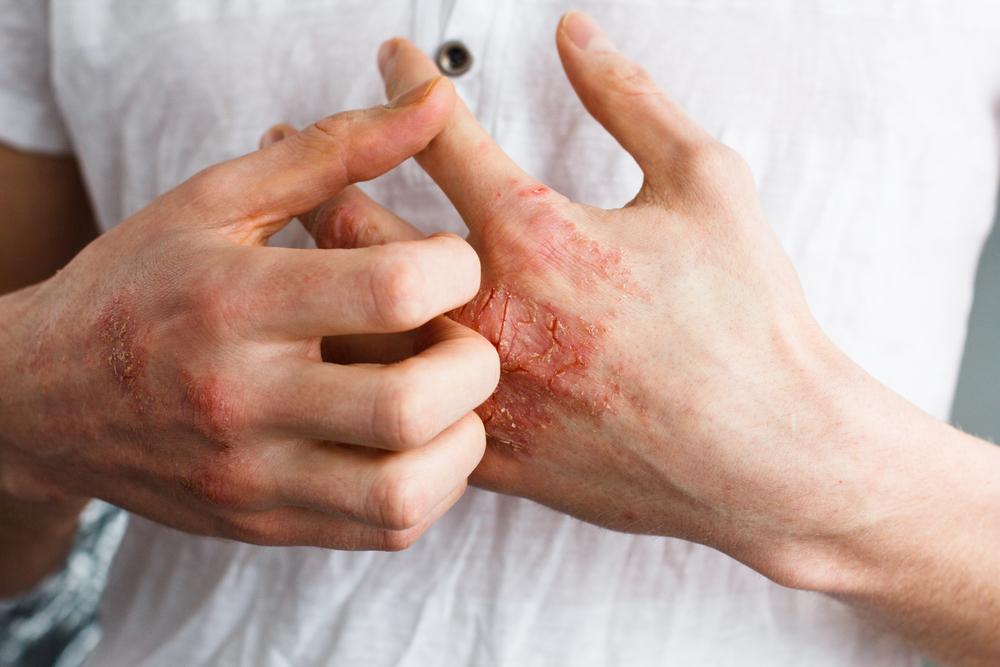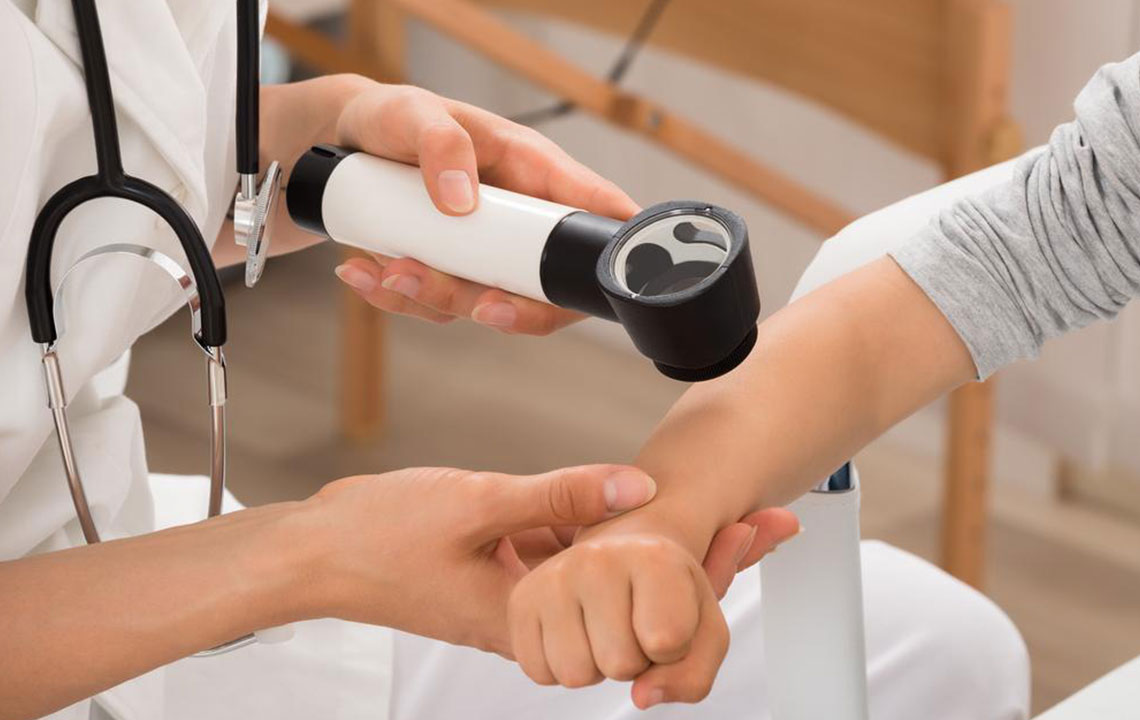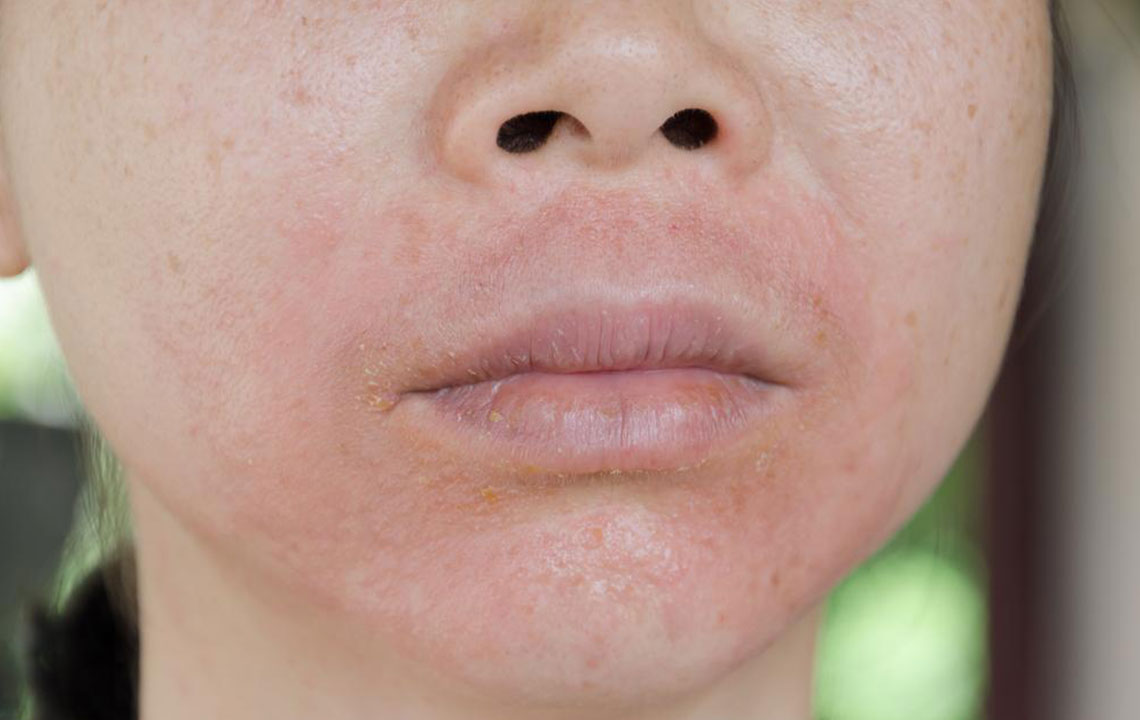Effective Strategies for Managing Eczema Symptoms
Learn comprehensive strategies for managing eczema effectively. This guide covers lifestyle modifications, topical remedies, medications, light therapies, and alternative options like acupuncture. Implementing these approaches can help control symptoms, prevent flare-ups, and improve skin health sustainably.
Sponsored

Eczema is a skin disorder characterized by itching, inflammation, and irritation. It often begins in childhood and can be caused by hereditary factors such as atopic dermatitis. External factors like harsh soaps, chemicals, allergens, poor circulation, fungal infections, and scabies can also trigger eczema flare-ups.
Successful eczema management involves various approaches, primarily focusing on lifestyle adjustments, topical treatments, and medical interventions.
Behavioral Changes
Adopting a consistent skincare routine is essential. Use gentle cleansers suited for sensitive skin, apply prescribed medications, and always moisturize. Incorporate sunscreen during daytime to shield skin from UV damage. Moisturize immediately after bathing to lock in hydration. Use cooling agents like oatmeal or baking soda in baths to soothe itching.
Avoiding Irritants
Limit contact with harsh soaps, detergents, and chemicals. Wear protective gloves when cleaning or handling irritants. Minimize contact with raw foods, dyes, and fragrances. Remove jewelry that traps residues, and moisturize after washing hands to prevent flare-ups.
Medical Treatments
Topical Therapies
Steroid Creams
Topical corticosteroids help reduce redness, swelling, and itching. Use as prescribed to avoid side effects.
Antihistamines
Designed to relieve itching, antihistamines can cause drowsiness; avoid alcohol and operating machinery while using.
Additional Medications
Antibiotics
If eczema develops secondary infections, doctors may prescribe antibiotics to treat the infection.
Anti-inflammatory Drugs
Cortisone-based creams and oral medications like prednisone can temporarily reduce inflammation but must be used cautiously.
Immune-Modulating Drugs
Agents like calcineurin inhibitors are used when eczema is unresponsive to other treatments. They help regulate immune responses but should be used under supervision.
Phototherapy
UVB and PUVA Therapy
Ultraviolet light treatments, including UVA with psoralen (PUVA), can decrease symptoms and improve skin health. These therapies should be performed in medical settings.
Systemic Options
Biologics
Injectable medications derived from living organisms, such as dupilumab, target immune pathways involved in eczema. They are effective but typically costly.
Alternative Approaches
Acupuncture
Some patients find relief from eczema symptoms using acupuncture, which may reduce itching and inflammation over time.






